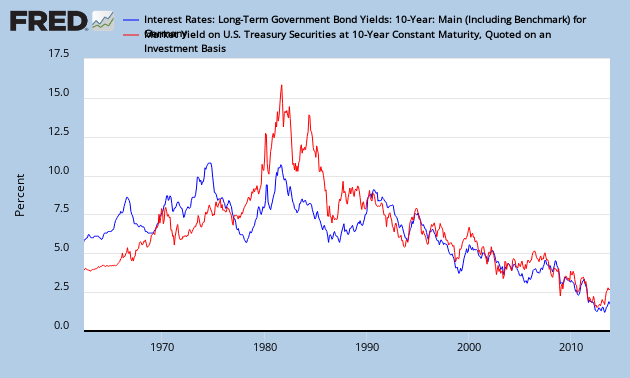The base case of gold going up is because of a loss of confidence in the U.S. dollar. This loss in confidence will accelerate when business conditions worsen. Let me just give 3 recent examples of worsening conditions.
1) ADP unemployment numbers signal that the unemployment rate is going up. With just 130000 jobs added the latest month we cannot keep pace with the growing population, which expands at around 170000 a month. So you can be sure that the unemployment picture is going to deteriorate.
2) The pending home sales have been worsening for the fourth consecutive month, due to higher mortgage rates. Not a great investing environment for the real estate market, right?
3) The durable goods orders posted a big decline the latest month (if Boeing's one time sales is taken out of the picture), how can stocks keep going up at this pace?





















